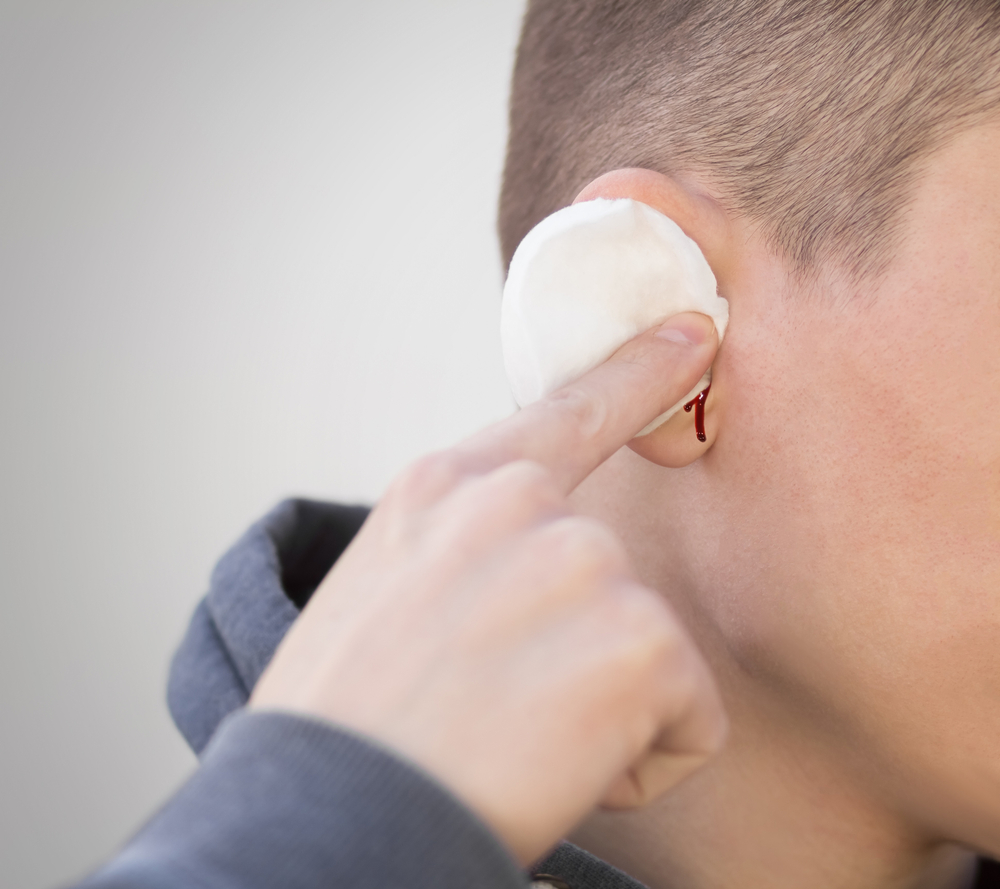Suffer from ringing in your ears? It may be due to an iron deficiency.
A study conducted at the Pennsylvania State University College of Medicine found that adults with iron deficiency anemia are twice as likely to lose their hearing than those without the condition, while research from the University of Maryland Medical Center confirmed a link between iron deficiency and tinnitus. While researchers are still not sure why a lack of iron affects hearing loss, the research suggests treating iron deficiency can help prevent the condition.
Chances are that if your hearing loss is tied to an iron deficiency, you’re also suffering from other symptoms like headaches and sleepiness. Luckily, iron deficiency is treatable with supplements, changes to your diet, and hearing loss is treatable with hearing aids.
Below is everything you need to know about iron deficiency and how you can make it better.
What is iron deficiency anemia?
First, let’s talk about what this condition is, what causes it, and what populations it affects the most. Anemia is caused when there is a low level of hemoglobin, the protein that carries oxygen to tissues, in red blood cells. There are several types of anemia, the most common being iron deficiency anemia. Your body can’t make hemoglobin without iron, so if you’re deficient it will affect your overall health.
Chronic blood loss, diet, and even pregnancy can bring on anemia since all these factors lead to lower iron levels in your body. It’s very common, for example, for pregnant women and vegetarians to suffer from hearing loss.
Signs of iron deficiency anemia
Tinnitus is a common symptom of anemia and usually manifests as a ringing in the ears, though it may also come across as a humming or pulsing sound. Nearly 15% of the population, suffer from tinnitus, while about 20 million people have a more chronic form of the ailment. Tinnitus happens throughout the day, but you might notice it the most during bedtime since there are no other competing sounds to drown out the ringing.
In addition to hearing loss and tinnitus, here are some of the other signs of iron deficiency anemia:
- Fatigue
- Shortness of breath
- Headaches
- Dizzy spells
- Heart palpitations
If you have any of these other symptoms, tell your doctor.
How you can protect your health and hearing
It’s pretty common sense: adding foods rich in iron to your diet will increase the level of iron in your body. These include meat, beans, leafy greens, tofu, and cereals fortified with iron.
However, it’s not always as easy as that, since many people with iron deficiency anemia (such as vegetarians) have dietary limitations or restrictions. You may want to speak with your doctor or nutritionist to come up with the right diet for you. If you are eating these foods and are still anemic, check with your doctor to make sure you don’t have celiac or other health concerns that might lead to anemia.
Treating anemia not only helps protect your hearing, you’ll feel better overall.
Iron supplements
Changing your diet might not be enough to increase your iron levels, especially if your body is not properly absorbing the iron, which is why you should consider iron supplements. Consult with your doctor to find out which type of supplement you should take. A common rule of thumb is to choose one with high amounts of elemental iron, which is the type of iron found in your bloodstream. Vitamin C supplements will also help your body absorb iron better.
Unfortunately, increasing your iron intake may not totally eliminate your tinnitus. For extreme cases, you may want to consider cognitive behavioral therapy.
Cognitive-behavioral therapy to treat tinnitus
Cognitive-behavioral therapy (CBT) helps people change the way they feel by changing the way they think by taking negative thoughts pertaining to certain situations and reframing them in a positive light. For tinnitus sufferers, this means reducing the stress brought on by the condition without focusing on its features, like volume or pitch.
Mindfulness training
Mindfulness training is a type of meditation that helps people pay attention to the present. Mindfulness training has been found to help tinnitus sufferers accept the condition. A British study that brought together 75 tinnitus patients for mindfulness training reported that the participants experienced “a reduction in tinnitus severity, psychological distress, anxiety, and depression.”
Hearing aids
Hearing aids are a very effective method of treating hearing loss and have been found to be especially helpful for treating extreme cases of tinnitus. One survey of hearing specialists reported that 60% of their patients who used hearing aids found some level of relief from tinnitus, while almost a quarter of their patients were able to find serious relief.



